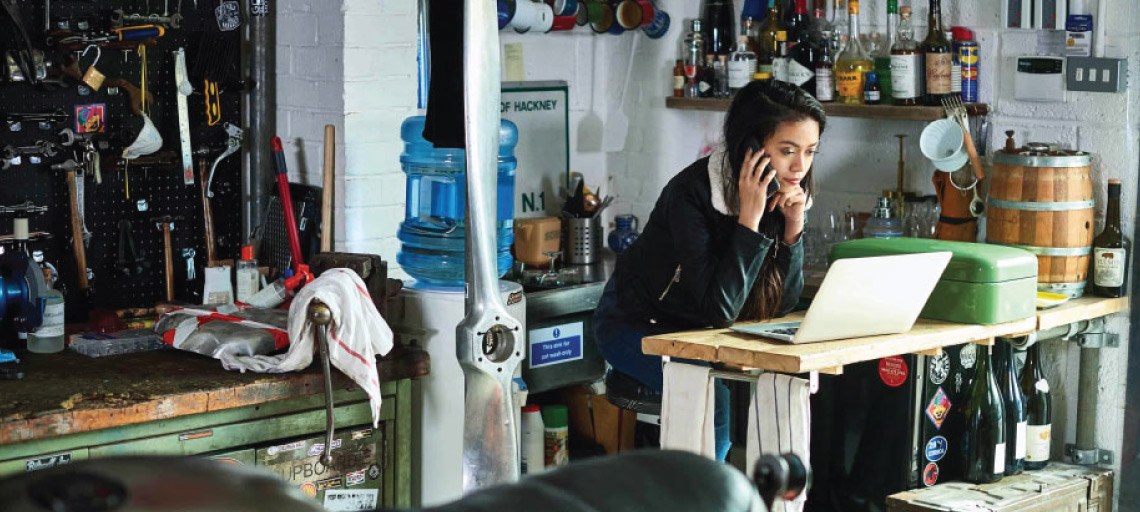What we cover
After the abrupt halt to business during lockdown, many businesses are keen to quickly return to normal operations once restrictions are lifted. But rushing to resume business can potentially increase the likelihood of an accident. With a bit of careful planning, you can get your business running smoothly and safely again. NZI Risk Consultant, Warren Swenson, talks through five actions he recommends businesses take.
1. Be fire-aware
Fire is an ever-present danger for business. Proper care should be taken restarting fuel-filled machinery or hastily switched-off appliances that have been lying dormant for weeks. Manage your risk by checking and cleaning machinery before use, testing the set-up, start-up and standard operating and emergency stop procedures for plant and equipment. Commercial kitchens, in particular, should ensure extraction fans are clean, as oils and fats may have solidified - creating a fire hazard when heat is re-applied.
2. Check for unwelcome pests
Empty premises are a magnet for unwelcome visitors. Rodents, birds – even vandals may have got into your premises and caused damage that’s not immediately obvious. Rodents can damage electrical systems and bird nests can provide the fuel needed to start a fire around hot surfaces such as lightbulbs or electrical switchboards. Swenson advises that it’s important to do a thorough inspection of the premises, checking for these signs before getting back to operations, and there are other less obvious things to look out for as well. “It’s not always rodents – it could be your cleaners or waste removal suppliers haven’t been and that’s created a fire hazard. Or all that stock that should have been delivered is now sitting in the warehouse and risks either being spoilt or again, becoming a fire hazard.”
3. Don’t start up short-staffed
Being short-staffed raises all sorts of business risks, from operating machinery safely, to having enough staff to perform normal Health & Safety protocols. The temptation to rush back and resume operations can put people and the business at risk. “We understand the urgency of getting back to work but remember your Health & Safety. Ensure you have enough trained staff to safely operate equipment, or to act as safety observers” says Swenson.
4. Spread the risk
Swenson has seen a number of companies come unstuck recently from COVID-19 related turmoil. From supply chain issues that have seen businesses unable to get vital parts for production, to large customers who have simply put a freeze on buying. “COVID-19 has really highlighted the number of businesses which have been overly reliant on one or two customers or suppliers. Having all your eggs in one basket increases your risk of a business disruption if a collapse in the supply chain occurs” says Swenson.
5. Have a contingency plan
Recent events with “locations of interest” have also highlighted staffing risks. Some supermarkets, in particular, have been forced to operate reduced hours or to close completely as a result of staff isolating. Businesses should consider key personnel and staffing as part of their business continuity planning. Are there pinch points in your management or operations teams? Is everything documented so that someone else could pick up a task in their absence? Do key relationships have a back-up contact point? “Having good contingency plans and going through “what if” scenarios is something every business should regularly undertake” says Swenson.
If you need advice about the risk in your business and some ideas on how to manage it, NZI’s Risk Solutions team have produced a number of Risk Management Guides to support your business. Download your copy and talk to your broker about how NZI’s Risk Consulting team can support your business.


